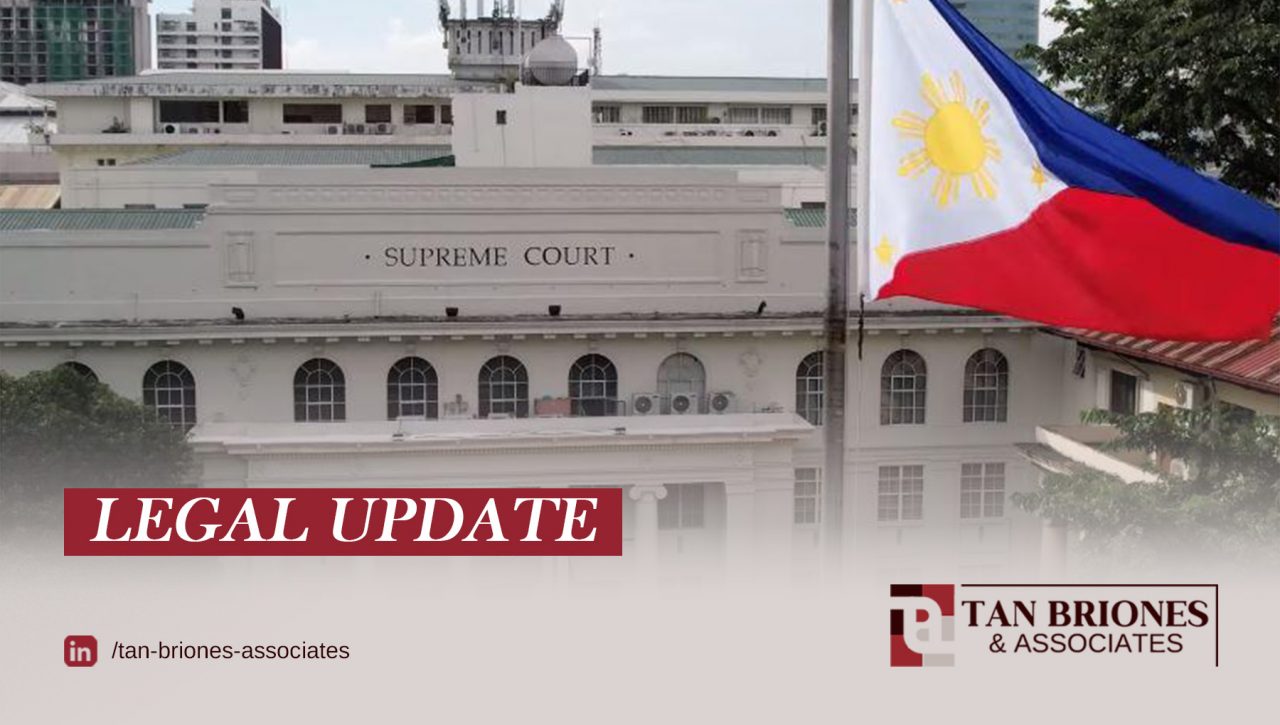
The Supreme Court (SC) Second Division has modified the penalty for an accused convicted of slight physical injuries and unjust vexation, replacing the original sentence of imprisonment with community service.
In a resolution penned by Associate Justice Amy Lazaro-Javier, the SC applied the provisions of Republic Act No. 11362, also known as the Community Service Act, to reduce the penalty from imprisonment to community service.
“The imposition of community service as a penalty remains within the discretion of the court and should not be viewed as a blanket license to commit minor offenses. It is a privilege granted to the offender, who may not choose it over imprisonment as a matter of right,” the resolution read.
FACTS OF THE CASE
The accused was initially convicted by the trial court for slight physical injuries and unjust vexation. For the charge of slight physical injuries, he was sentenced to 15 days of imprisonment and a P5,000 fine, while for unjust vexation, he received another 15-day prison sentence along with a P200 fine.
The accused appealed the conviction to the appellate court and later filed a Motion for Reconsideration with the SC, which was granted. As a result, the SC modified the penalty, replacing imprisonment with community service.
Republic Act No. 11362, which took effect on August 8, 2019, and its implementing guidelines under A.M. No. 20-06-14-SC, effective November 2, 2020, provided the legal basis for this modification.
RULING
The High Court granted the accused’s motion, allowing the modification of his sentence from imprisonment to community service.
In its decision, the Court emphasized that in imposing community service, the court must consider the welfare of society and the likelihood that the offender will not commit further violations during the service period.
The SC highlighted that Republic Act No. 11362 aims not only to improve public work participation and promote public service but also to support restorative justice and ease jail congestion.
Under the provisions of RA 11362, courts may, at their discretion, replace penalties of arresto menor and arresto mayor with community service, which must be performed in the area where the crime was committed. The terms of the service are determined by the court, taking into account the gravity of the offense and the case’s specific circumstances.
The SC also applied Article 22 of the Revised Penal Code, which allows retroactive application of penal laws if they favor the accused, provided the accused is not a habitual offender. This retroactive application was deemed appropriate despite the conviction occurring three years before the enactment of RA 11362.
The SC has directed the Metropolitan Trial Court (MeTC) to determine the number of community service hours the accused must complete.
Follow Tan Briones & Associates on LinkedIn for more legal updates and law-related articles.







